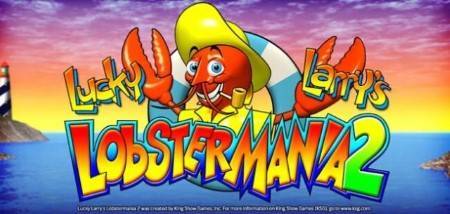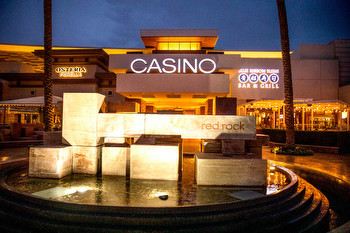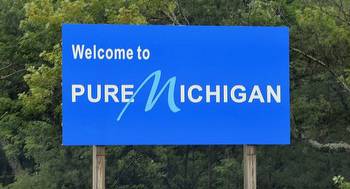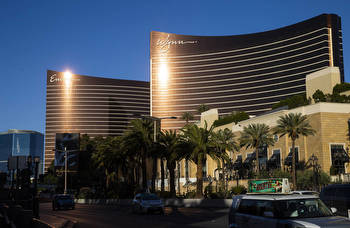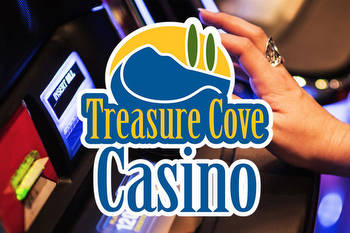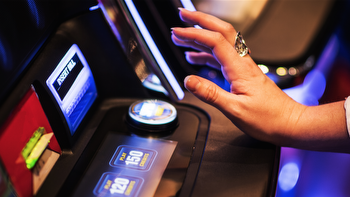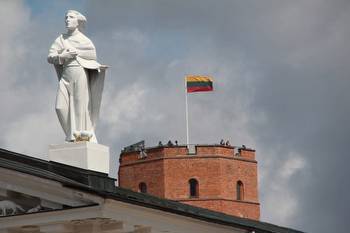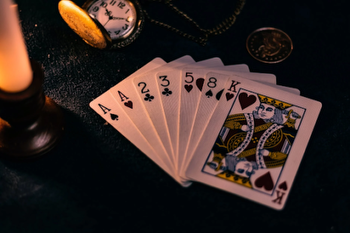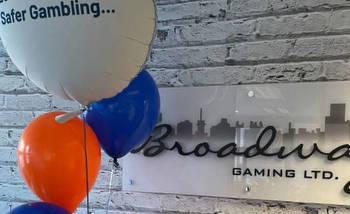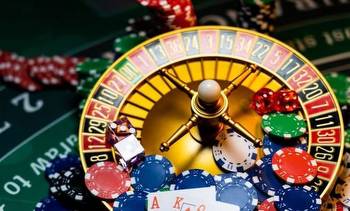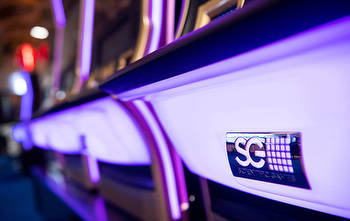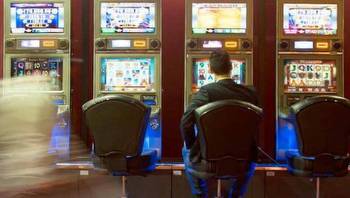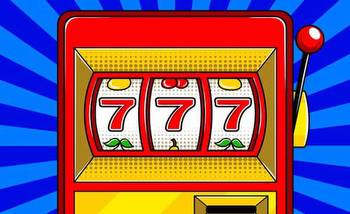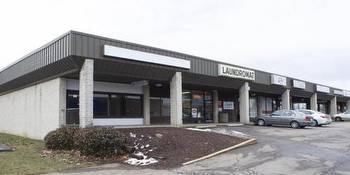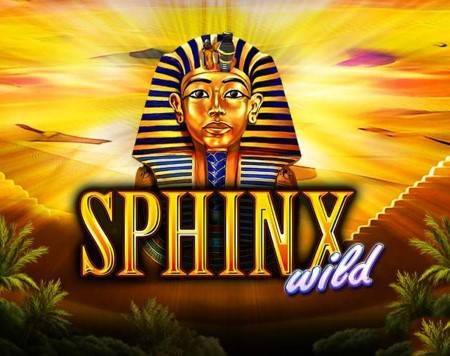UK: Rank to get $104M refund on value added taxes paid on slot machine income
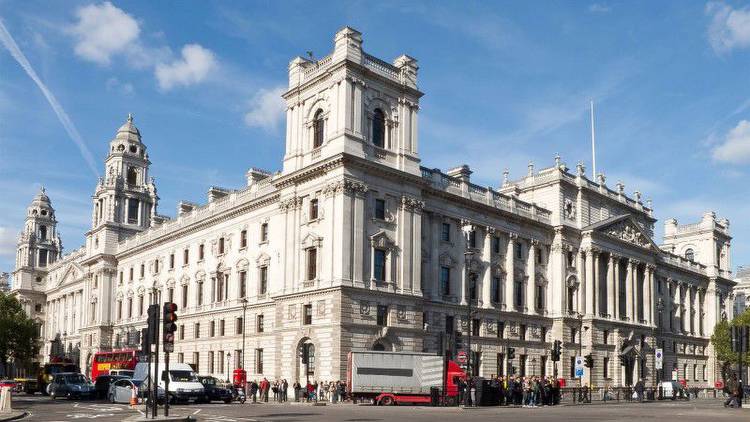
UK casino and gaming operator Rank Group is set to get a 77.5 million pounds ($104.04 million) refund after having reached an agreement with the British tax authority over value-added taxes paid on slot machine income between 2006 and 2013, the company announced on Monday. The company stated theproceeds will be used to strengthen its balance sheet and to fund its transformation program.
The Grosvenor Casinos and Mecca Bingo operator said it reached the agreement with Her Majesty’s Revenue and Customs (HMRC) on a rebate of £77.5 million, which it expects to receive “shortly”, reports Reuters. The business further revealed that interest was also due on the claim, expected to amount to £5.5 million. Both amounts will be subject to corporation tax at 19%.
HMRC decided earlier this year not to appeal a decision handed down by the First-tier Tribunal regarding VAT paid on slot machine income in the period from April 2006 to January 2013. The tribunal had agreed to a 60-day extension to allow HMRC and Rank to agree on the exact size of the claim.
Pubs, arcades and betting firms were also in line to receive millions in tax refunds after they were unfairly charged VAT by the government on some of their gambling machines. Sports betting operator Betfred also challenged the HMRC on the issue, claiming the tax authority broke its “fiscal neutrality rules” by imposing a VAT charge on land-based fixed-odds betting terminals (FOBTs) whilst no similar charges were applied to traditional and online casino gaming.
Earlier this year, The Times reported that up to 1,000 UK businesses operating fruit machines, one-armed bandits and coin-pushers were reviewing whether to also claim compensation from the HMRC.
According to an Upper Tribunal review from April last year, the HMRC had never applied a clear distinction on the supply of games defined as FOBTs, “a factor that should have allowed businesses to claim VAT exemptions” under the 1994 Value Added Tax Act.







